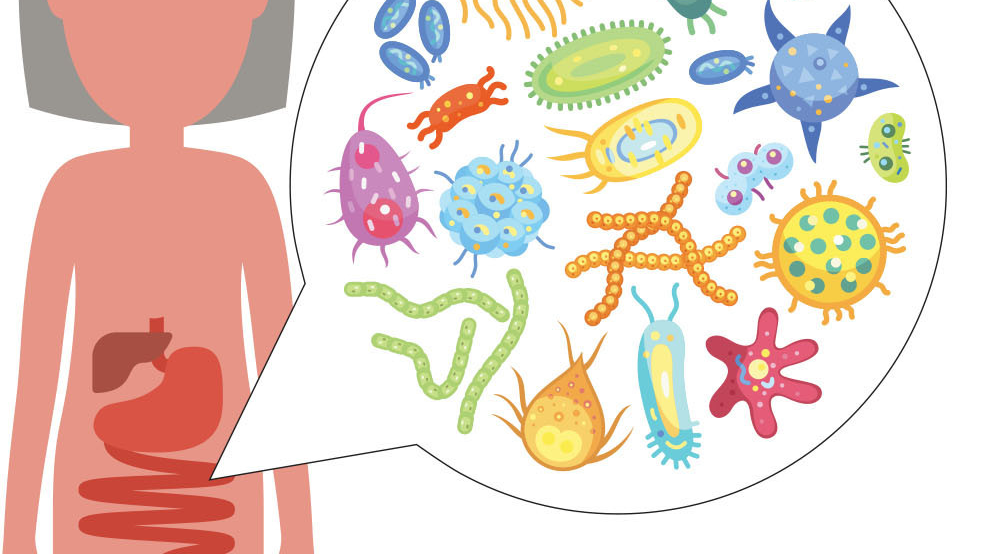New Year, New “You”?

As we look into a new year, we often think about the changes we can make to lead happier, healthier, and more fulfilled lives. The usual list includes things like, improve our diet, practice mindfulness or read more books. Here’s one to consider; one you probably haven’t thought about–work to change the make-up of the trillions of non-human cells that help make up who we are.
I’m talking about the human gut microbiome, a vast and diverse community of microorganisms residing in our digestive tract. These cells and their interactions play a pivotal role in maintaining overall health, according to an emerging body of research.1
The gut microbiome is composed of all of the DNA from bacteria, viruses, fungi, and other microorganisms, collectively forming a complex ecosystem in the gastrointestinal tract. Working together, these organisms can affect our digestion, our immune system, and even our mental health.2,3 About half of the cells contained in our bodies are attributed to these microorganisms. There is a delicate balance within the gut microbiome that is crucial for overall health, and disruptions in this balance can lead to various health issues including not only gastrointestinal symptoms, but neurological brain fog and mental health issues like anxiety and depression.2,3
The microbial composition in the gut is in a constant state of flux, influenced by factors such as diet, lifestyle, and environmental exposures. The regeneration process involves the continuous turnover of microbial populations, with new species replacing old ones in response to external stimuli.
Diet plays a pivotal role in shaping the gut microbiome and influencing its regenerative capacity. A diverse and balanced diet rich in prebiotic fiber and probiotics provides the necessary nutrients for a flourishing microbiome. Prebiotics are compounds that nourish the existing beneficial bacteria, fostering a healthy environment for their proliferation. Prebiotic fiber in blueberries and whole grains, for instance, acts as a fuel source for beneficial bacteria, promoting their growth and contributing to a resilient microbial community. Probiotics, found in fermented foods like yogurt and kimchi, introduce beneficial live bacteria into the gut, enhancing microbial diversity and supporting regeneration.
Beyond diet, lifestyle factors such as exercise, stress management, and adequate sleep also influence gut microbiome health. Regular physical activity has been linked to a more diverse microbiome, while chronic stress can disrupt the microbial balance. Sufficient sleep is essential for maintaining a healthy gut environment, as it allows the body to undergo necessary repair processes, including microbial regeneration.
Citations
1. Şanlier N, Gökcen BB, Sezgin AC. Health benefits of fermented foods. Crit Rev Food Sci Nutr. 2019;59(3):506-527. doi: 10.1080/10408398.2017.1383355. Epub 2017 Oct 20. PMID: 28945458.
2. Tachie CYE, Onuh JO, Aryee ANA. Nutritional and potential health benefits of fermented food proteins. J Sci Food Agric. 2023 Sep 23. doi: 10.1002/jsfa.13001. Epub ahead of print. PMID: 37740932.
3. Shoubridge AP, Choo JM, Martin AM, Keating DJ, Wong ML, Licinio J, Rogers GB. The gut microbiome and mental health: advances in research and emerging priorities. Mol Psychiatry. 2022 Apr;27(4):1908-1919. doi: 10.1038/s41380-022-01479-w. Epub 2022 Mar 2. PMID: 35236957.
This article was part of the January 2024 e-news FRESH Rx. Subscribe for similar content delivered to your inbox monthly.
- Categories: